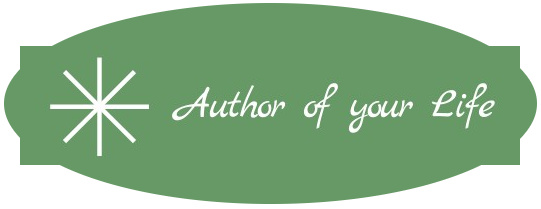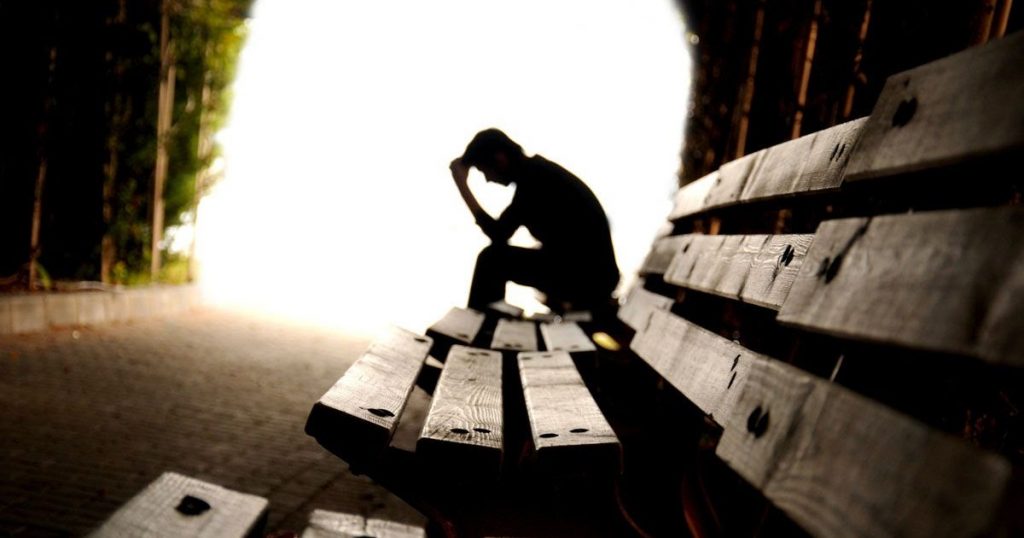When the haunting of traumatic events linger long after the person has physically suffered those events, then the person can be said to suffer from Post-Traumatic Stress Disorder, or more commonly known as PTSD. When a person goes through a dangerous or a traumatic event, such as a car accident, sexual assault, war, terrorist attack, a natural disaster, death of a loved one, etc, it’s natural for them to have distressing feelings and memories after the event. During this time they may have trouble sleeping, difficulty in doing normal activities, socializing, feelings of anxiousness and moodiness, etc.
These symptoms start fading away gradually as few weeks and months pass by, and the person starts finding their way back into their normalcy. But when these symptoms persist even after the first few months, chances are that the immense stress following the event has taken form of a psychiatric disorder called PTSD.
People suffering from PTSD continue to feel great emotional and mental stress long after the event originally occurred, so much so that the stress starts interfering with their long-term happiness. They may keep revisiting the painful event through flashback memories or nightmares, go through unpleasant personality changes, be overcome with the feelings of guilt, shame, anger, regret, etc, get negative thoughts and feelings, avoid anything and anyone that reminds them of the event, and so on.
There are different treatment options available for PTSD, mainly including medications and/or psychotherapy. Since different people experience PTSD in different ways, the treatment option that works the best may also vary for them.
The AOYL program is a process guide for personal evaluation of any of these past events. Because the events are in the past, AOYL offers a set of exercises to gain perspectives and possibly “re-context” these events, in to “what I have learned from this is”, and in my writer’s jargon “pluck the peril, not the pain”, to a better realization. The AOYL groups, provide support via others that have suffered life trauma, and learn from them in a shared environment.
Helpful links for people going through PTSD:
https://www.ptsd.va.gov/public/where-to-get-help.asp
http://ptsdusa.org/get-help/hotline-crisis-numbers/
https://www.veteranscrisisline.net/
https://www.mentalhelp.net/articles/ptsd-hotline/

